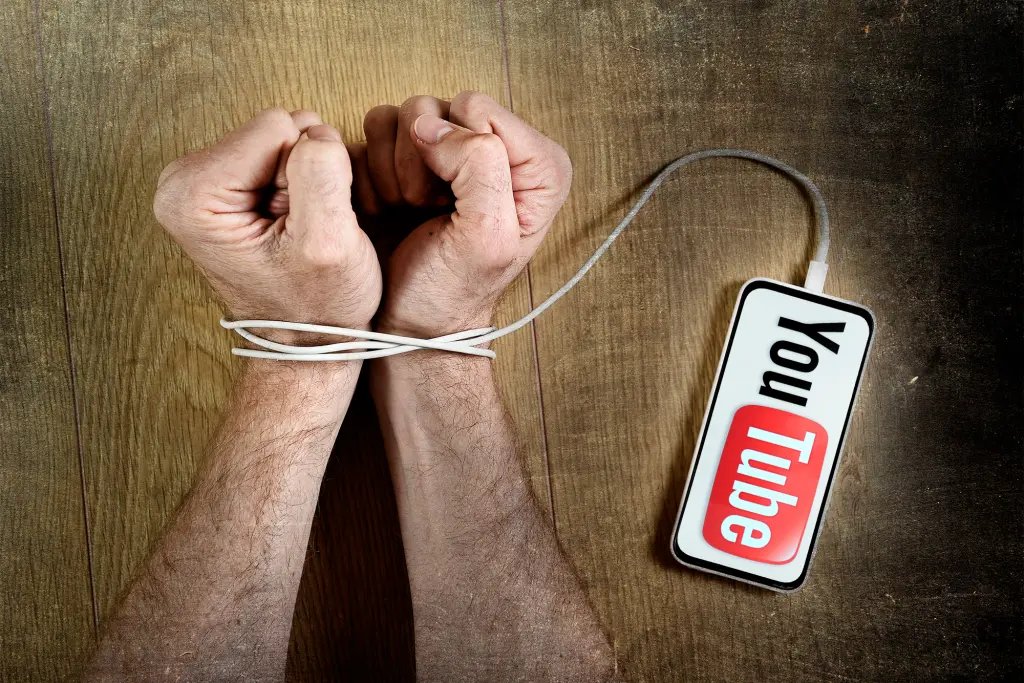
How to say sorry for using bad words
In the heat of the moment, it’s easy to let our emotions get the best of us, and sometimes, we may find ourselves using words that we later regret. Whether it’s in a heated argument, a stressful situation, or a moment of frustration, the impact of using bad words can be significant. Learning how to apologize sincerely is a crucial skill in maintaining healthy relationships. In this article, we will explore the art of saying sorry for using bad words and address a common question: Is ‘stupid’ a bad word?
Navigating Apologies: How to Say Sorry for Using Bad Words
Understanding the Impact
Before diving into the apology, it’s essential to understand the impact of using inappropriate language. Words carry weight, and when we use offensive or hurtful language, it can leave a lasting impression on others. The first step in offering a genuine apology is recognizing the consequences of our words and taking responsibility for them.
Definition of Bad Word
First of all we must know is a stupid bad word? The term ‘stupid’ falls into a gray area when it comes to categorizing it as a bad word. While it may not be as explicit as some other offensive terms, it can still be hurtful and demeaning. When directed towards someone, it can make them feel disrespected and undervalued. Therefore, it’s crucial to be mindful of the impact this word can have and to treat it with the same level of consideration as other offensive language.
Steps to a Genuine Apology
Reflect on Your Words: Take a moment to reflect on the words you used and the context in which they were spoken. Understanding why you used offensive language is a crucial step in preventing a repeat occurrence.
Take Immediate Responsibility: Acknowledge your mistake promptly. Avoid making excuses or shifting blame. Taking immediate responsibility demonstrates sincerity in your apology.
Express Regret: Clearly express your regret for using inappropriate language. Let the other person know that you understand the impact of your words and that you genuinely feel sorry for any hurt caused.
Be Specific: When apologizing, be specific about the words you used. This shows that you have taken the time to reflect on your actions and are committed to avoiding similar mistakes in the future.
Learn and Grow: Apologizing is not just about saying sorry but also about making a conscious effort to learn and grow from the experience. Commit to improving your communication skills and avoiding hurtful language in the future.
FAQs
I recently used offensive language in a conversation and want to make amends. How do I apologize appropriately?
Begin by acknowledging your mistake and taking immediate responsibility for your words. Express genuine regret, be specific about the language used, and commit to improving your communication. A sincere apology involves recognizing the impact of your words and demonstrating a genuine desire to learn from the experience.
I used the word ‘stupid’ in a moment of frustration, and I want to apologize. How should I approach this?
Absolutely. Apologizing for using the word ‘stupid’ involves acknowledging the impact of the term, expressing regret, and being specific about your apology. Recognize the potential hurt caused by the word and commit to avoiding such language in the future. Tailor your apology to the specific context, ensuring sincerity and a genuine desire for positive change.
Final Thought
In conclusion, Exploring constructivist learning theory examples, one can understand that learning how to apologize for using inappropriate language, such as determining whether ‘stupid’ is considered offensive, is a crucial aspect of maintaining healthy relationships, it’s essential to recognize the impact of our language and take responsibility for our words. A genuine apology involves reflection, immediate responsibility, expressing regret, being specific, and a commitment to learning and growing. By following these steps, we can mend relationships, foster understanding, and create a more positive environment for communication.






